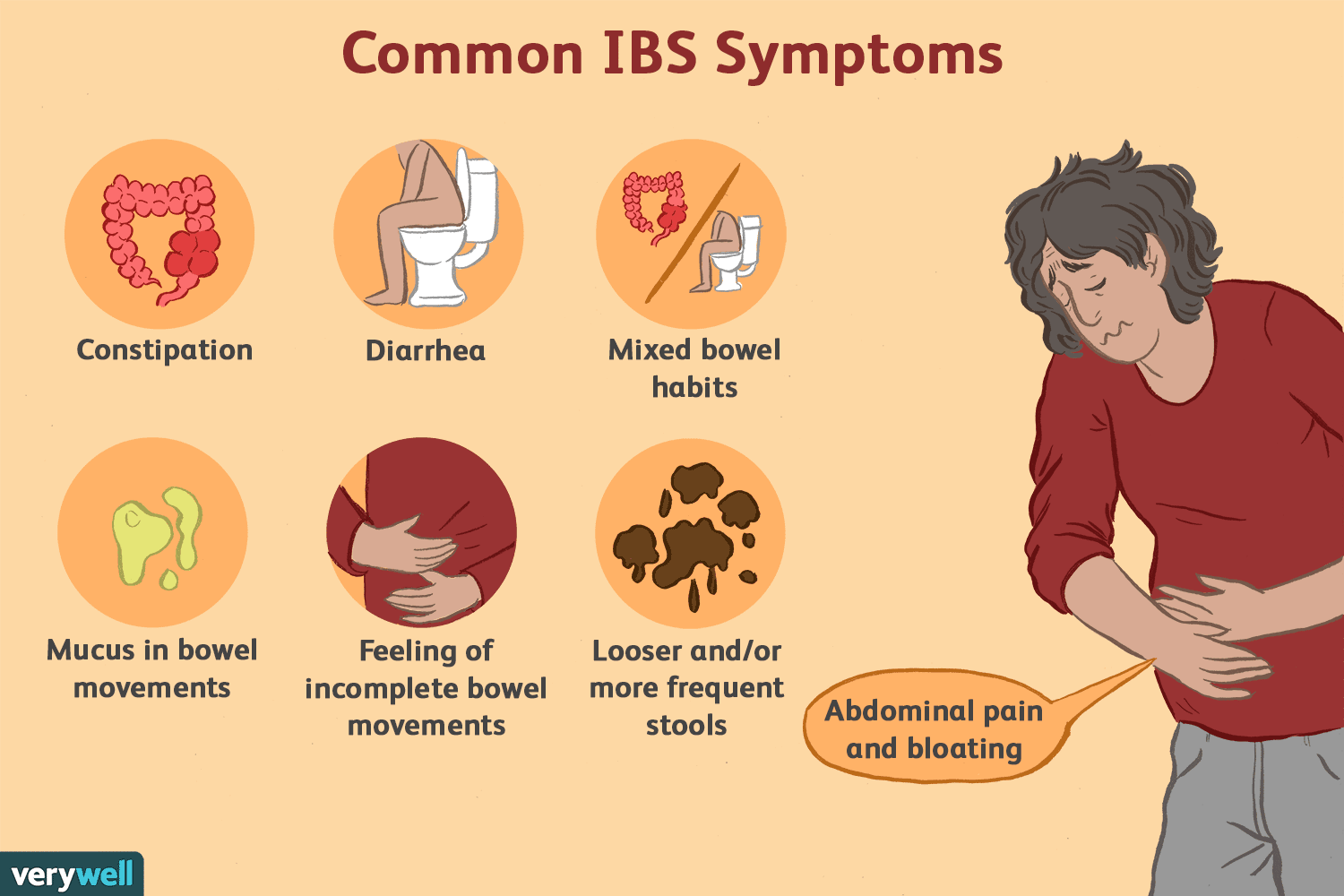Why Is Ibs More Common In Females Studies have revealed that IBS is more common in women than men As for the IBS subtype IBS with constipation is significantly more prevalent among women than men Sex hormones and gender differences may play important roles in the pathophysiology of IBS
The relationship between IBS and women was thought to be important because i there is a predominance of women as compared to men who seek health care services for IBS ii menstrual cycle linked differences are observed in IBS symptom reports iii women with IBS tend to report greater problems with constipation and nongastrointestinal From chronic stress to hormones scientists have identified a few culprits that explain why IBS rates are so high in women A colorized double contrast x ray reveals a spasm of the
Why Is Ibs More Common In Females

Why Is Ibs More Common In Females
https://i.pinimg.com/originals/93/5a/58/935a580e1c570f5cd1040f9e80f103d1.jpg
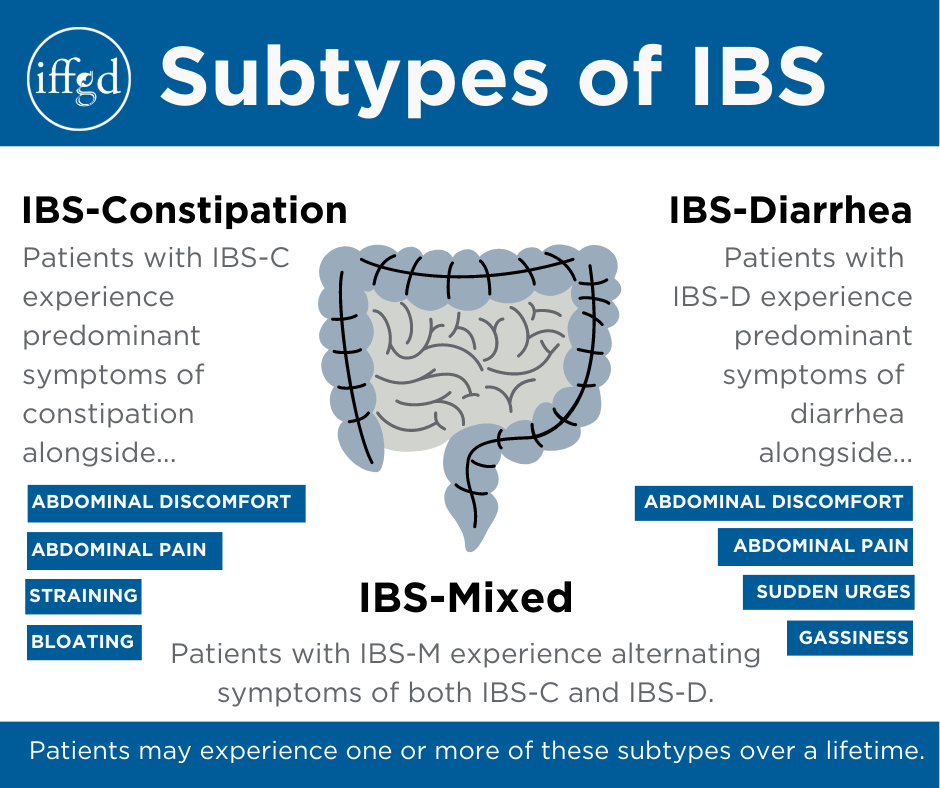
What Is IBS About IBS 60 OFF Www pinnaxis
https://aboutibs.org/wp-content/uploads/sites/13/IBS-D.png
Dietary Triggers Of IBS Diarrhea MEDizzy
https://cdn.medizzy.com/cn67DNiO2HF-NwkcfLKJnadJM10=/1500x1000/img/posts/c296172b-423c-403b-9617-2b423c303ba0
Irritable bowel syndrome IBS is a chronic condition that affects as many as 15 percent of Americans but the gastrointestinal disorder has an outsized effect on women and people with While IBS is relatively common women show markedly high rates of IBS Up to 14 24 of women struggle with IBS in comparison to 5 19 of men according to the UNC Center for Functional
Irritable bowel syndrome IBS a disorder that involves repeated bouts of abdominal pain and changes in bowel movements diarrhea constipation or alternating bouts Why Is IBS More Common in Women Experts aren t exactly sure why IBS is more common in women than men However researchers think that hormones may play a role particularly hormonal variations during the menstrual cycle
More picture related to Why Is Ibs More Common In Females
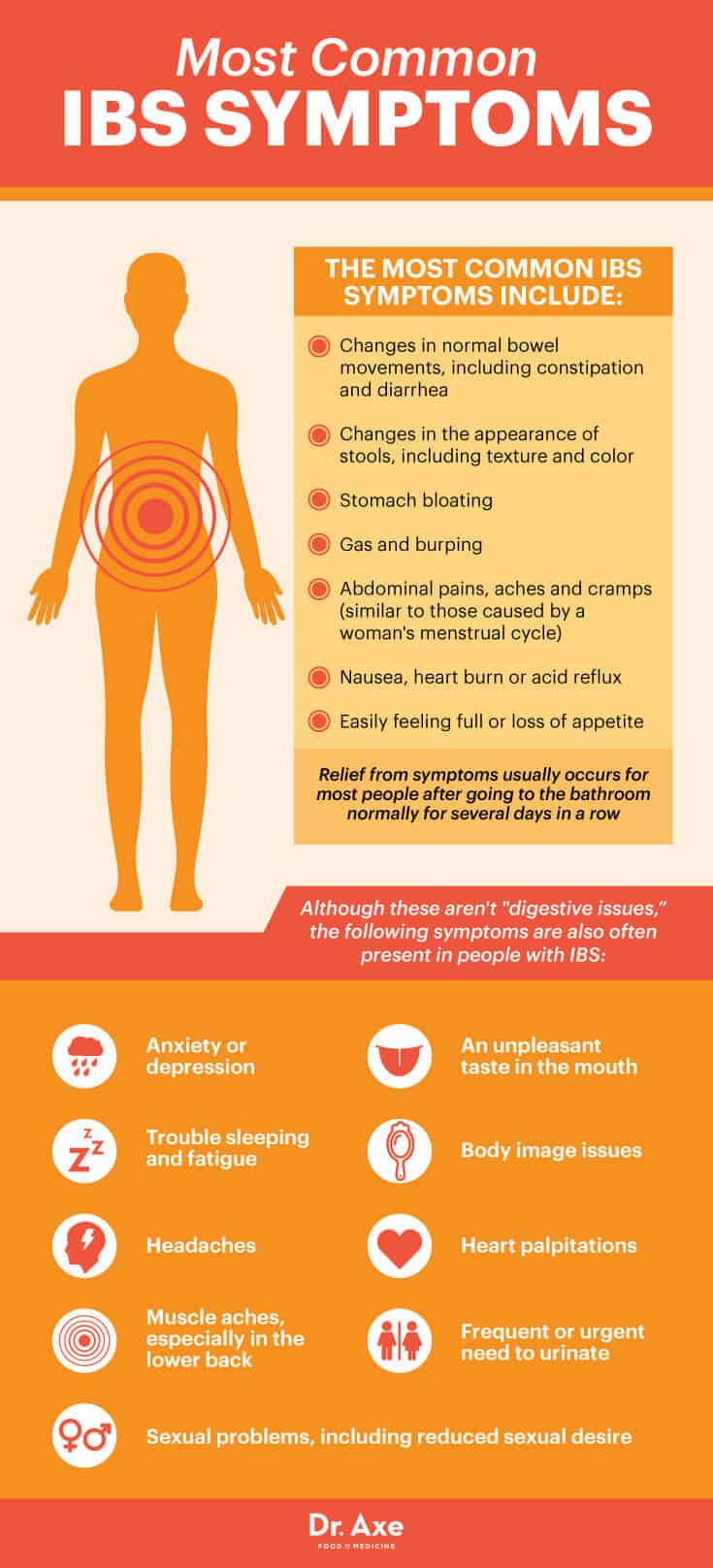
Ibs Mittos
https://draxe.com/wp-content/uploads/2016/04/IBS-Graphic.jpg

Ibs Symptoms
https://cdn.drbrighten.com/drbrighten/20220606115110/Ibs-and-Period.png
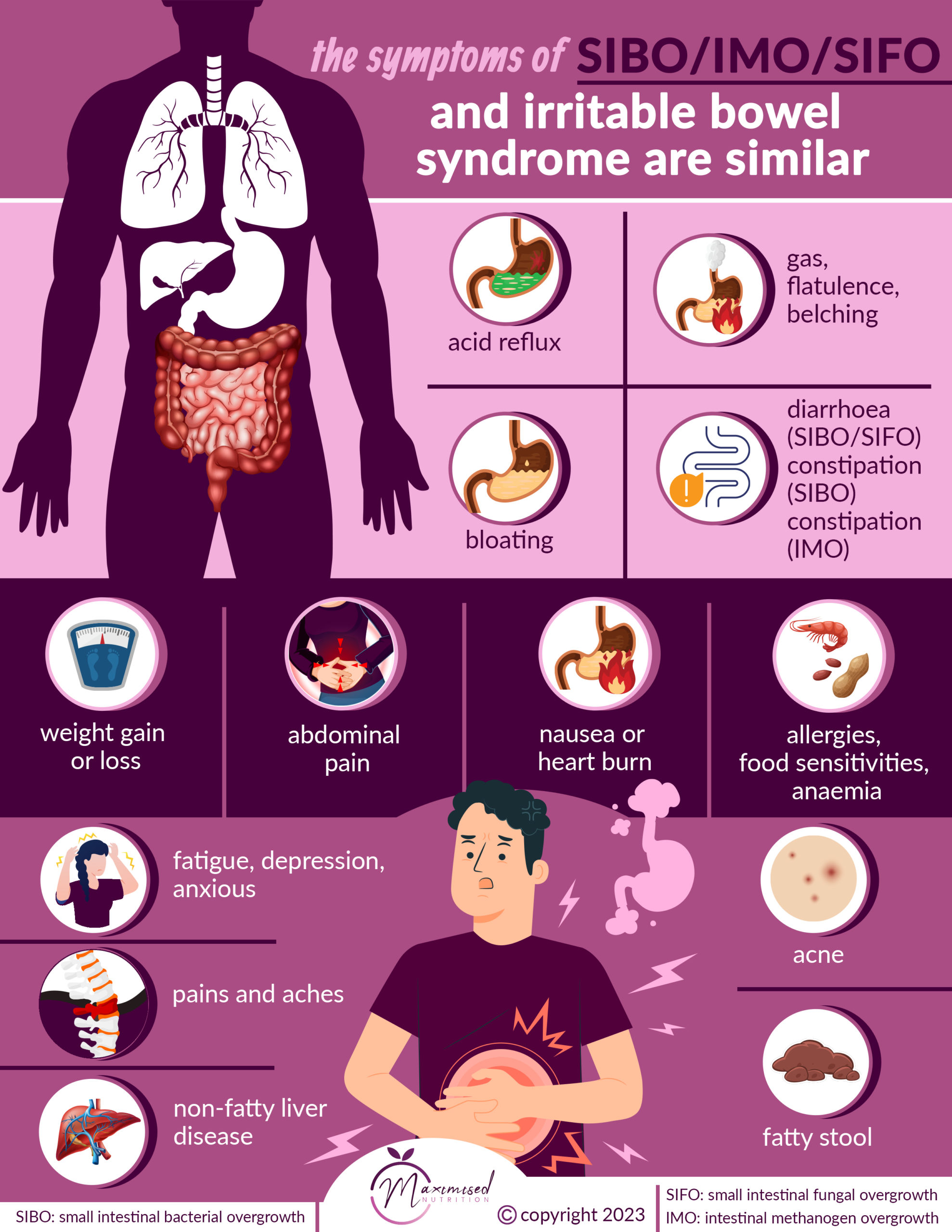
Ibs Symptoms
https://maximisednutrition.com/wp-content/uploads/2023/06/Final-poster-scaled.jpg
According to the International Foundation for Functional Gastrointestinal Disorders 35 to 40 percent people who have IBS are male compared to the whopping 60 to 65 percent who are female Irritable bowel syndrome was more frequently noticed in women than in men p 0 01 The diarrhea dominant type was more common in men while constipation dominant or alternating types were more common in women p
[desc-10] [desc-11]
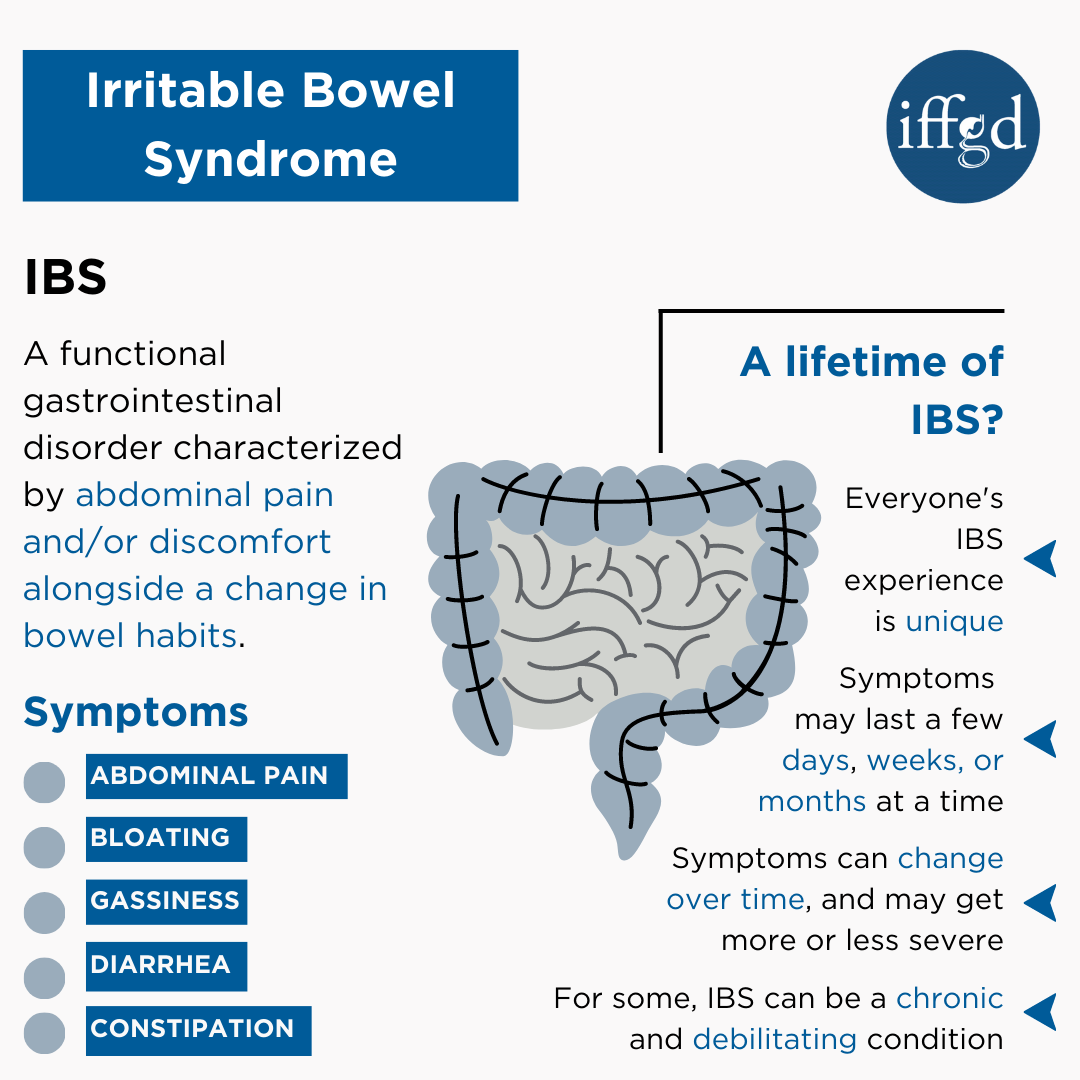
Ibs Stool
https://aboutibs.org/wp-content/uploads/sites/13/What-is-Irritable-Bowel-Syndrome.png

Ibs Stool
https://uploads-ssl.webflow.com/6272df6c141585265ed98529/62d95f00702d75560d7f1d22_SVO_Illo_Bristol_TYPE.jpg

https://pmc.ncbi.nlm.nih.gov › articles
Studies have revealed that IBS is more common in women than men As for the IBS subtype IBS with constipation is significantly more prevalent among women than men Sex hormones and gender differences may play important roles in the pathophysiology of IBS

https://pmc.ncbi.nlm.nih.gov › articles
The relationship between IBS and women was thought to be important because i there is a predominance of women as compared to men who seek health care services for IBS ii menstrual cycle linked differences are observed in IBS symptom reports iii women with IBS tend to report greater problems with constipation and nongastrointestinal
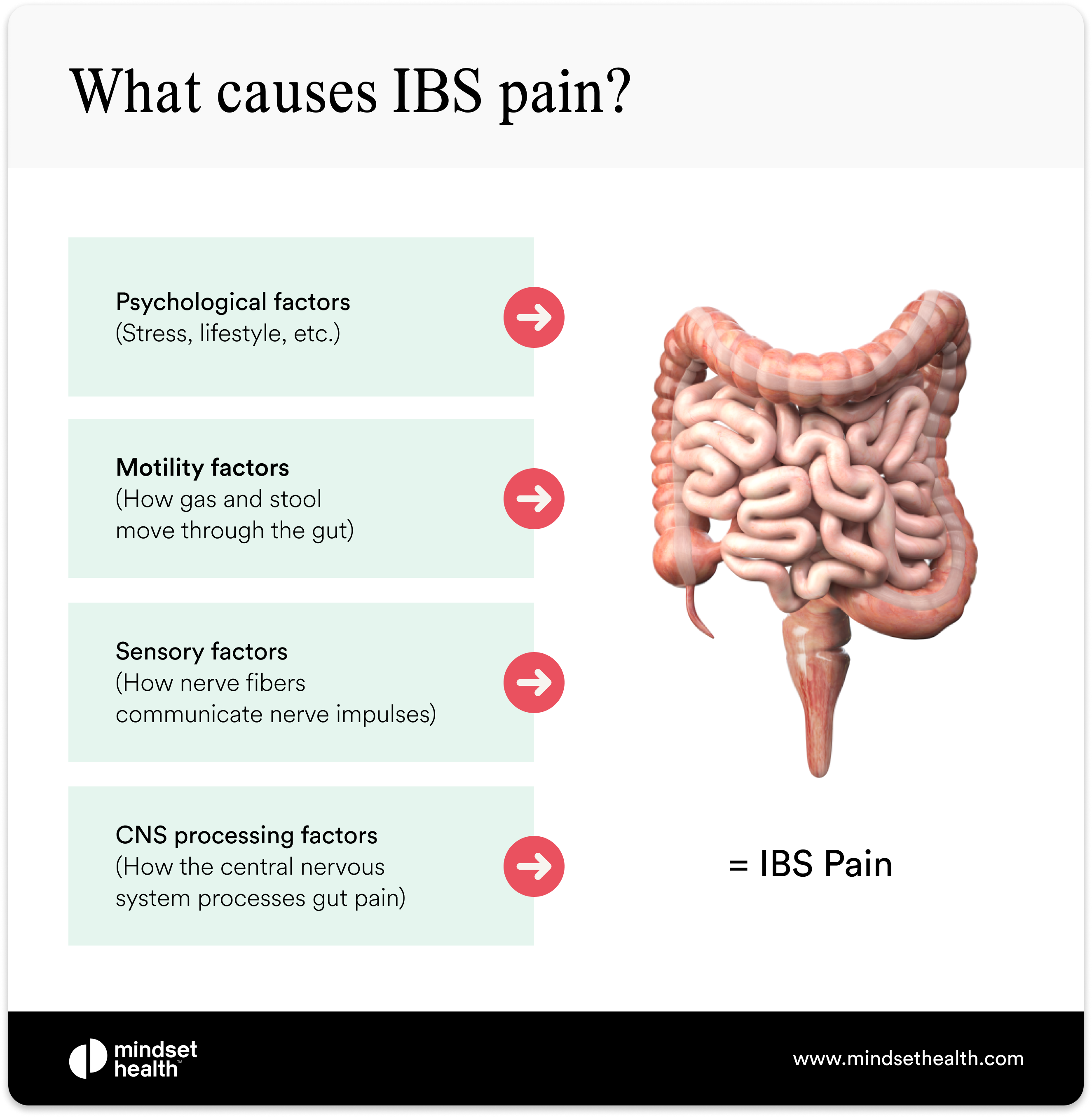
Ibs Stool

Ibs Stool
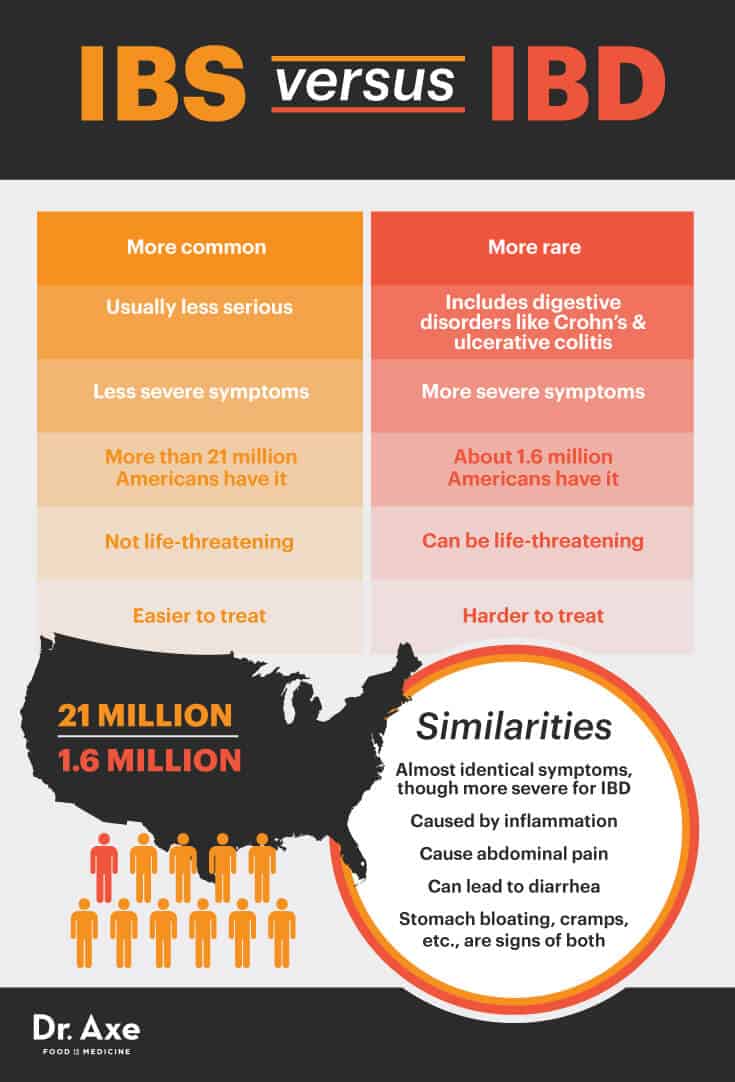
The Most Common IBS Symptoms What You Can Do About Them Dr Axe

Irritable Bowel Syndrome IBS Symptoms Northern Virginia

Names Of Intestinal Infections

Inflammatory Bowel Disease Or Irritable Bowel Syndrome Department Of

Inflammatory Bowel Disease Or Irritable Bowel Syndrome Department Of
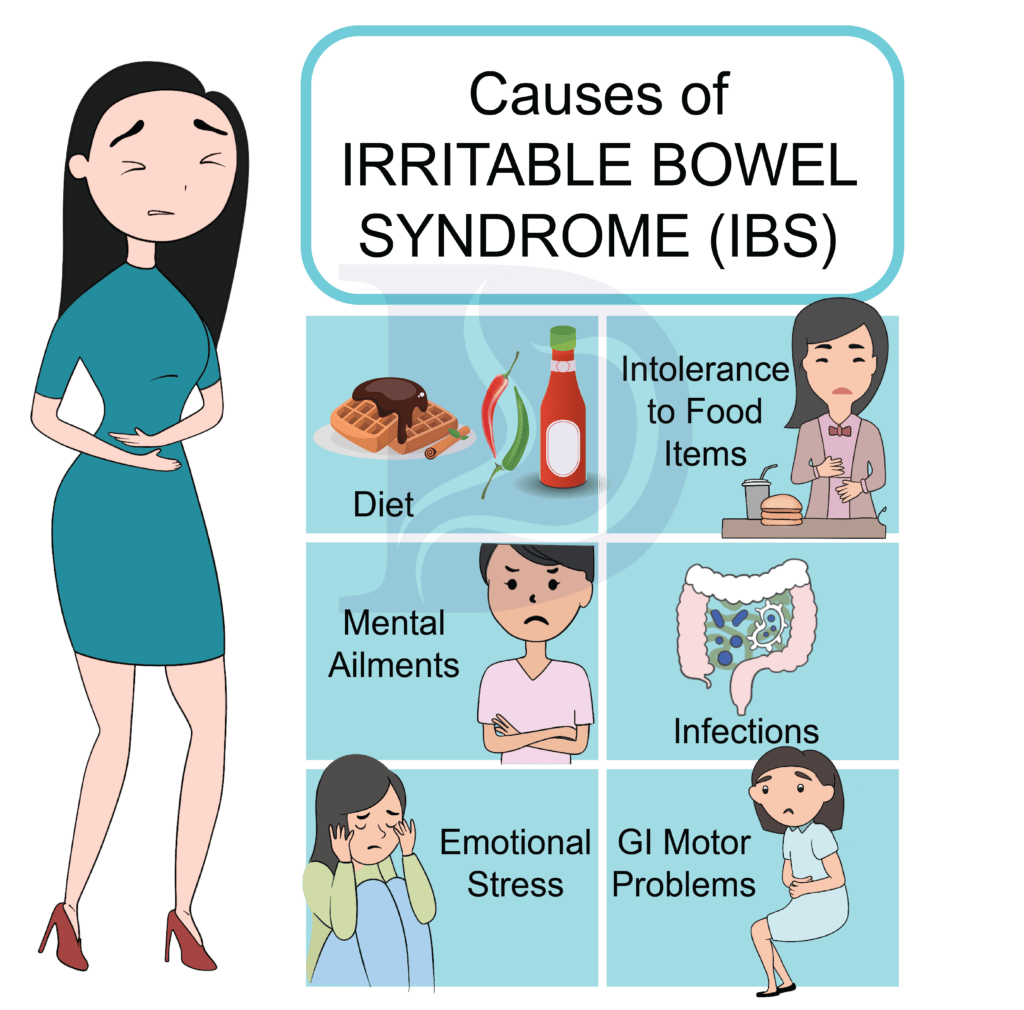
Irritable Bowel Syndrome Digestive And Liver Health Specialists
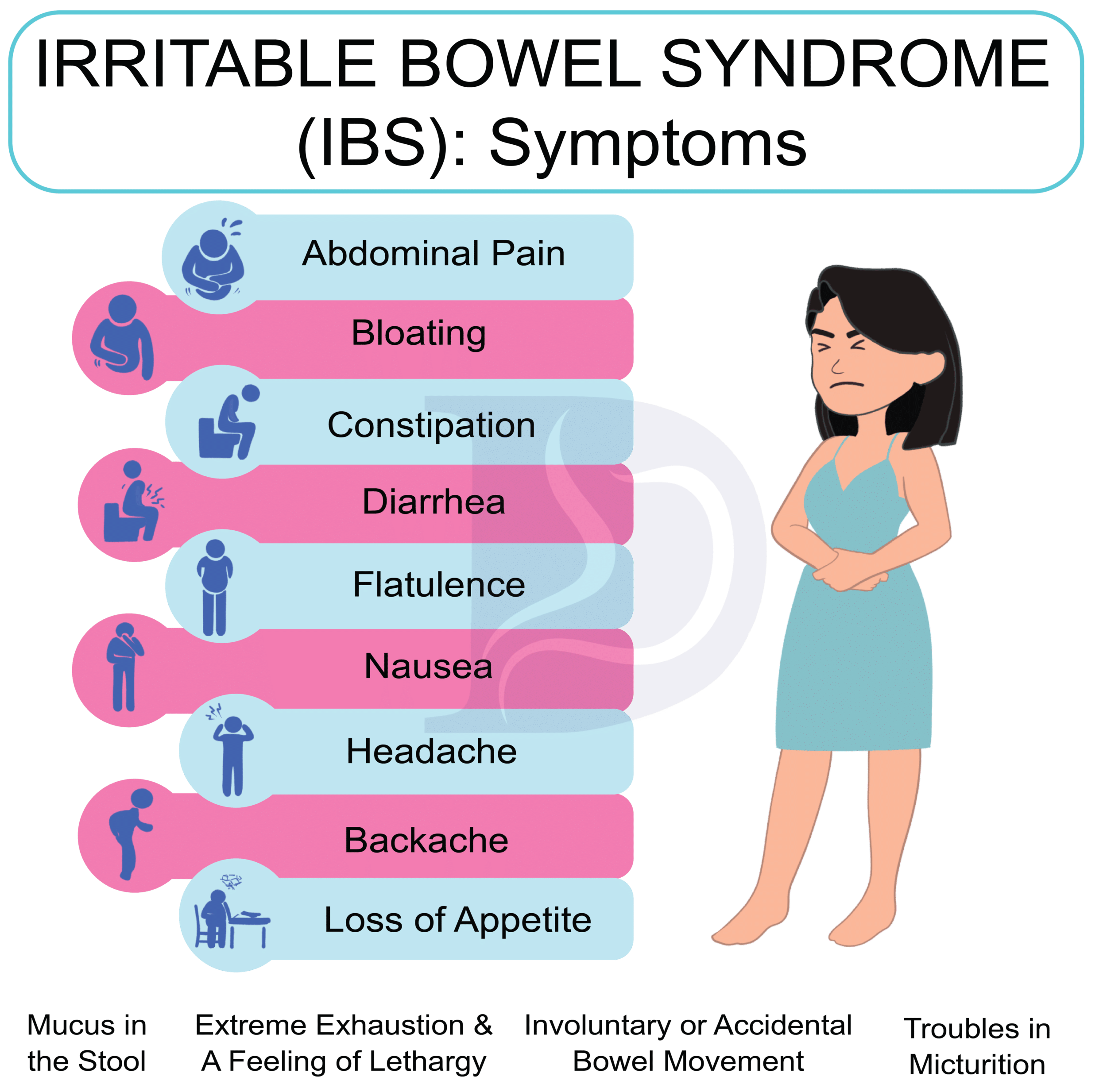
Irritable Bowel Syndrome Digestive And Liver Health Specialists
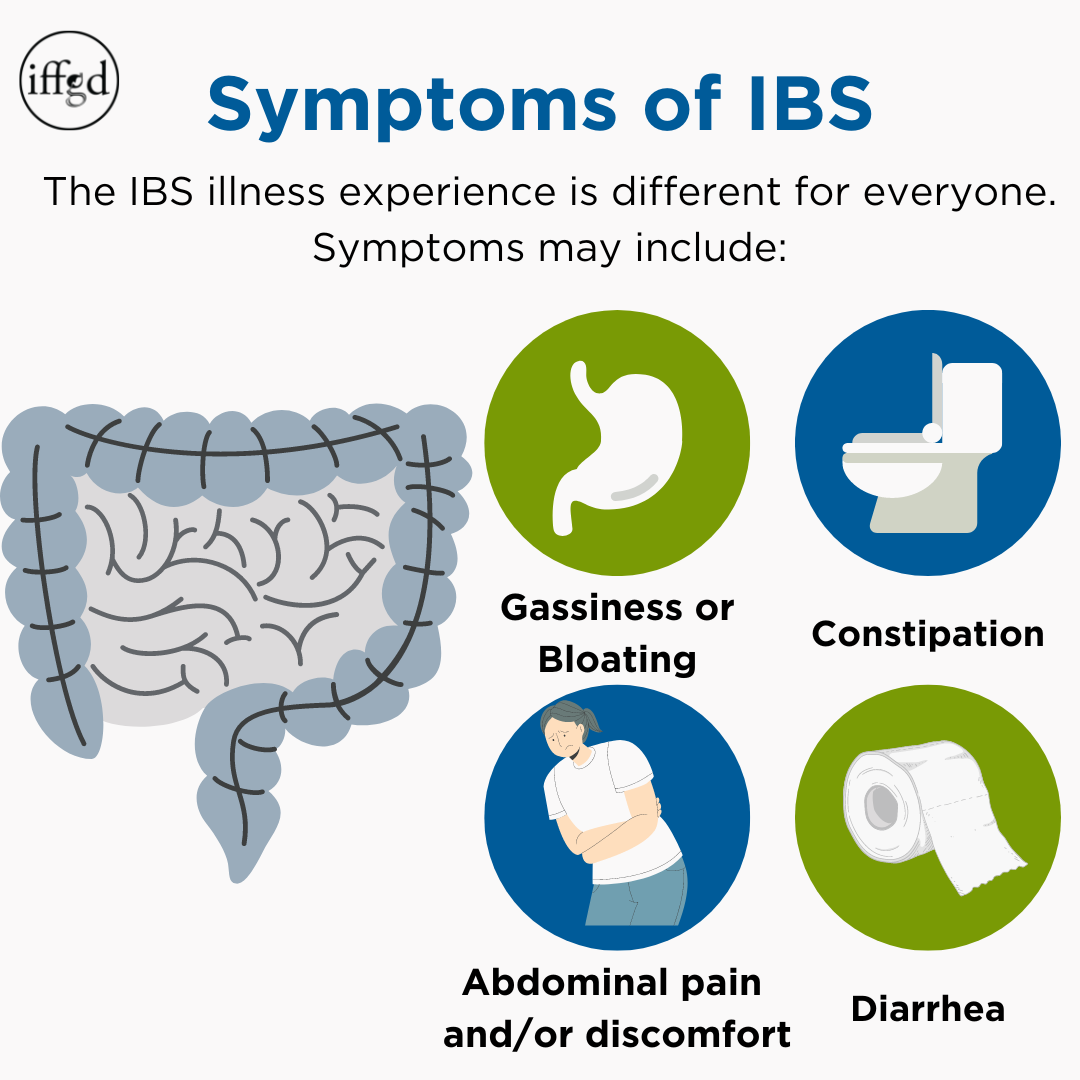
Diarrhea Causes In Women
Why Is Ibs More Common In Females - [desc-12]
